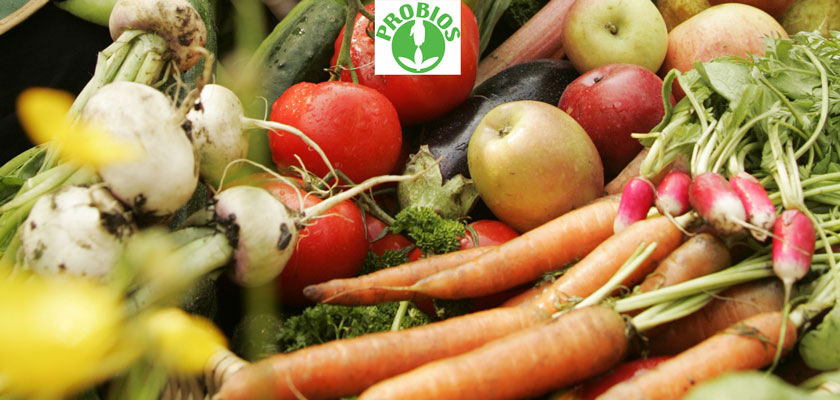
On Wednesday, 22nd November, a new step forward for the regulations on organic food came to reality. The Committee for Agriculture of the European Parliament finally adopted the new regulation on Organic Agriculture, that had already been approved in June by the Parliament and by the Special Committee on agriculture on Monday.
The next step will be the permission of the Parliament and the Council of Ministry of Agriculture. After that, a new journey that will probably end in 2020 will begin. It's an important goal for the whole organic sector that is still growing both in Italy and in the EU, despite the weaknesses of the new regulations, that have already been put under the spotlights by representatives, associations and politicians of the sector.
After a few days, the Appeal Committee of the European Union, composed by representatives of all the member countries, has instead approved the authorization to still use glyphosate, a strong herbicide, for 5 more years. A decision that is raising many concerns, since glyphosate has been for many years the center of a debate between scientists, control bodies and companies: for example, it is classified as a “possibly carcinogenic substance for the human beings” by WHO, but as “non carcinogenic substance” by the European Agency of Chemical Substances (ECHA).
During today's meeting, Italy voted against glyphosate, like France, while Germany – whose vote was uncertain – voted in favor of it, breaking through a situation of block of the European Committee, that has been stuck for several months. The European Committee stated that the renew on the use of this substance will come into force before the regular expiry date of the previous one, within the 15th December.
After the recent decisions, which are extremely important yet in contrast with each other – moreover, released a few days after each other – it's important for us to reiterate again that, only through choosing to purchase food from companies that, like Probios, only sell certified products, it is possible to be able to guarantee a selection of harvesting methods that avoid the use of herbicides, antiparasitics and chemical fertilizers that pollute our land, our water and our air. As the European regulation on organic food expects, Probios is against the use of GMOs and chemical substances, and regularly undergoes inspections and test by the authorized control organisms, that are in charge to certify the conformity to the severe European and national regulations.
That's the reason why Probios also decided to support Cambia la Terra, the experiment promoted by Federbio through the web campaign #ipesticididentrodinoi, that showed the positive effects of a 100% organic diet scored on a family that, for15 days, choose to change their diet.





